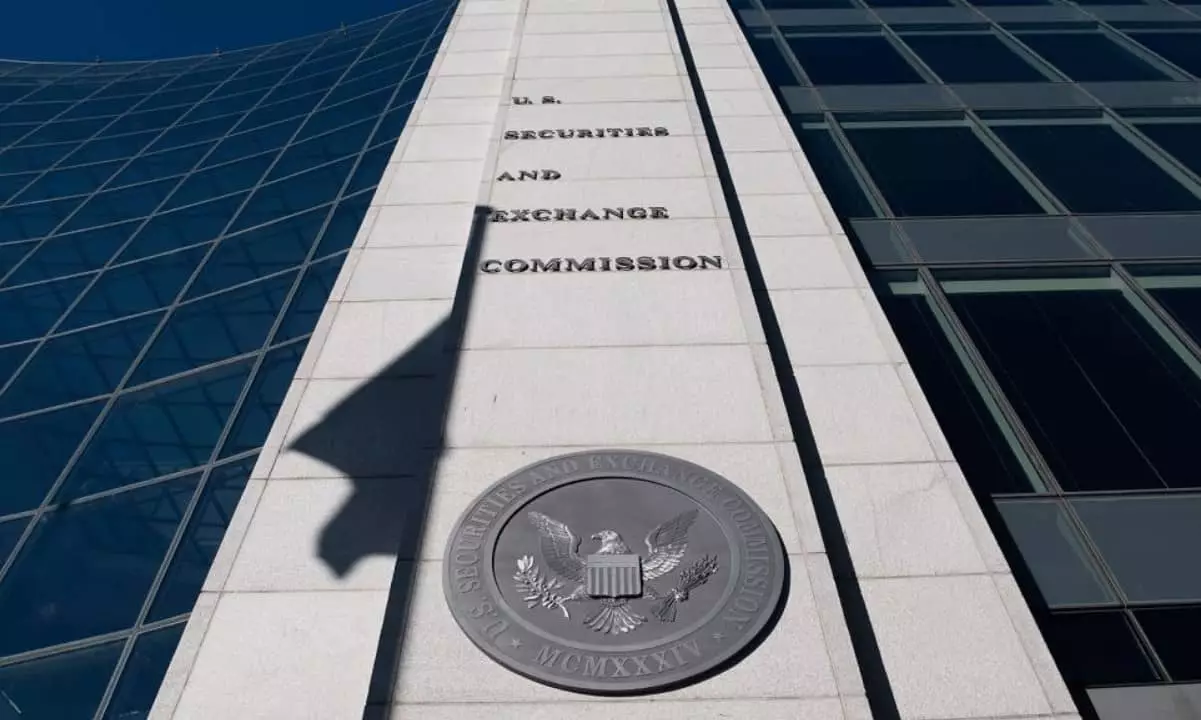The US Securities and Exchange Commission is pushing back against Hex founder Richard Heart’s efforts to have its $1 billion securities fraud lawsuit dismissed, asserting its jurisdiction over the case. In response to Heart’s motion to dismiss, the SEC argues that his claims fail to address the substantial allegations in the complaint and disregard important legal standards. Despite Heart’s argument that the SEC lacks authority due to his residence abroad and absence in the US during the relevant period, the regulatory body maintains its position.
According to the SEC, from December 2019 to November 2020, Heart promoted Hex as a crypto asset security, marketing it as a “blockchain certificate of deposit” that would yield consistently growing token holdings through staking. Heart made bold claims about high returns and positioned Hex as the “highest appreciating asset ever,” attracting substantial investment totaling $678 million in ETH. However, the SEC notes that Hex’s value dropped by approximately 98.4% from its peak by July 2023, despite the promises made by Heart.
In addition to the accusations related to Hex, the SEC also criticizes Heart’s subsequent projects, PulseChain and PulseX. The regulator alleges that Heart raised over $354 million for PulseChain by soliciting crypto assets under the guise of “sacrifices,” which were then used for personal indulgences like luxury watches, cars, and extravagant gems rather than platform development. To conceal these transactions, Heart purportedly transferred around $217 million via a series of transactions and a crypto mixer, diverting $12.1 million for luxury expenses. The SEC further highlights that despite promises of launch, PulseChain and PulseX did not debut until May 2023, long after the fundraising periods ended.
The SEC underscores Heart’s extensive efforts to court US investors through marketing initiatives, including virtual appearances at conferences in Las Vegas and an in-person interview on a Miami-based podcast. These actions, according to the SEC, solidify the relevance of the case to US regulatory oversight. While Heart contends that the SEC’s case violates his free speech rights by leveraging his commentary to suggest securities offerings, the SEC maintains its stance on the allegations.















Leave a Reply